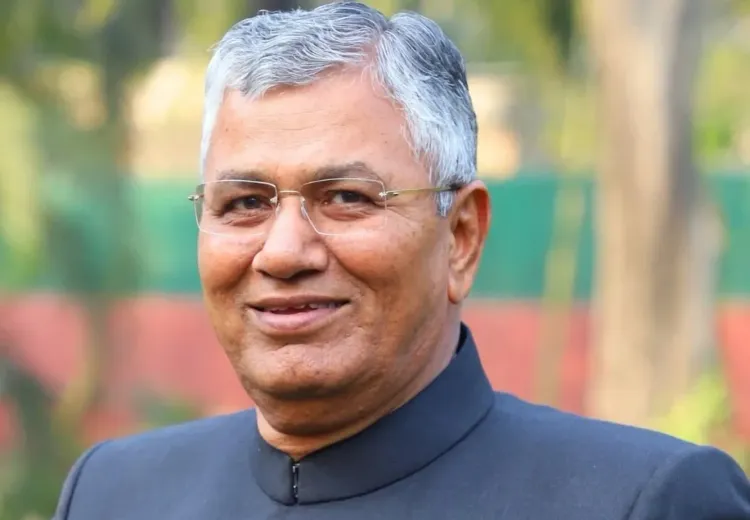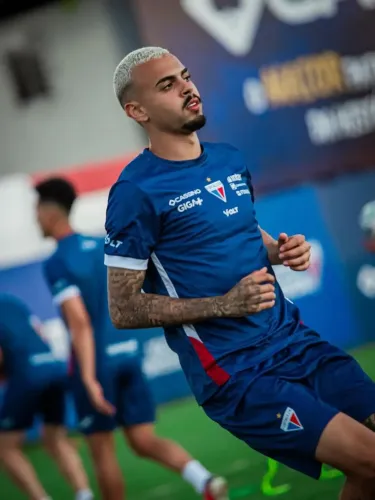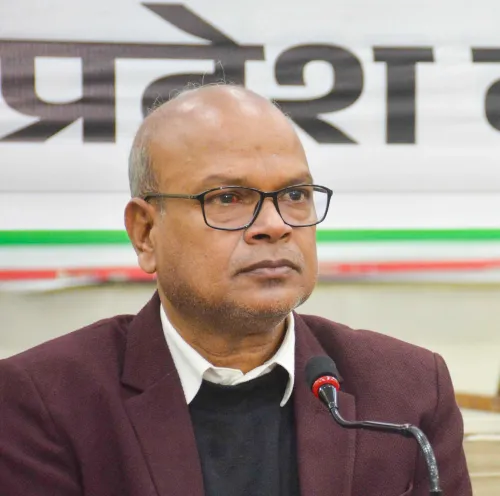Is India Prepared to Embrace One Nation, One Election?

Synopsis
Key Takeaways
- One Nation, One Election could streamline electoral processes.
- Potential benefits include reduced costs and enhanced policy continuity.
- The committee is prioritizing stakeholder engagement.
- Concerns regarding federalism and Election Commission powers are being addressed.
- Comprehensive discussions are anticipated to take two to two and a half years.
Jaipur, July 12 (NationPress) The Chairperson of the Joint Parliamentary Committee (JPC) on One Nation, One Election and BJP MP, P.P. Chaudhary, remarked on Saturday that the collective feedback from discussions and deliberations conducted by the committee regarding the implementation of new electoral reforms suggests that the nation is poised to earnestly consider this initiative in the interest of the country.
He stated that as the Chairperson of the Committee, he can confirm that the One Nation, One Election proposal has fostered positive and extensive dialogue nationwide.
Chaudhary pointed out that the emerging expert agreement indicates that the concept is both constitutionally viable and practically achievable, provided it is executed with proper safeguards, which is precisely the focus of this committee.
“We plan to engage in the most thorough and inclusive discussions possible, and as such, we endeavor to cover all states and union territories,” Chaudhary shared with IANS during an exclusive interview.
Interview excerpts:
IANS: How is the feedback on 'One Nation, One Election' being received throughout the country?
PP Chaudhary: As the Chairperson of the Committee, I can assure you that the One Nation, One Election proposal has spurred constructive and far-reaching engagement across the nation. We have gathered insights from a wide array of stakeholders, including legal experts, political entities, civil society groups, Public Sector Undertakings, state governments, and citizens. There is increasing acknowledgment of the concrete advantages: diminished election costs, greater policy continuity, and a governance framework unencumbered by ongoing campaign cycles. Although some concerns have emerged, particularly regarding implementation logistics, the general feedback suggests that the nation is ready to seriously contemplate this reform in the national interest.
IANS: The committee has consulted legal experts and jurists. What major issues have been raised?
PP Chaudhary: We’ve been fortunate to consult some of the most esteemed legal and constitutional authorities in the country. While concerns surrounding federalism and constitutional structure were noted as theoretical issues, it is significant that numerous former Chief Justices and senior jurists have categorically asserted that the proposal does not infringe upon the foundational principles of the Constitution. They have pointed out existing constitutional provisions that facilitate synchronization within a clearly defined legal framework.
The emerging expert consensus is that the concept is both constitutionally valid and operationally achievable, provided it is implemented with necessary safeguards, which is exactly what this Committee is striving for.
IANS: Only a few states have been included in the study tours. Are more states planned? Is there a deadline for concluding these tours?
PP Chaudhary: To date, the Committee has conducted two study tours across a few states and one union territory - namely Maharashtra, Uttarakhand, Punjab, Haryana, Himachal Pradesh, and Chandigarh. During these visits, we engaged extensively with state administrations, chambers of commerce, legal experts, and civil society to gauge the practical feasibility of simultaneous elections.
Remarkably, Chief Ministers, Deputy Chief Ministers, and Speakers of Legislative Assemblies have appeared before the Committee to express their views, marking an unprecedented level of state-level engagement in the history of parliamentary committees. We plan to engage in the most comprehensive and inclusive discussions possible, aiming to cover all states and union territories. Given the magnitude and seriousness of this endeavor, these discussions are anticipated to extend over approximately two to two and a half years.
IANS: Are there any specific concerns you believe should be addressed? For instance, some reports imply that the Election Commission shouldn't have extensive powers.
PP Chaudhary: The Committee has conducted a thorough and clause-by-clause examination of the proposed Bills, and naturally, certain concerns have been raised. Let me reiterate that the Committee’s mandate is to scrutinize all legal and constitutional dimensions and propose essential improvements that tackle such concerns.
IANS: What are the next steps for addressing these concerns?
PP Chaudhary: All concerns submitted to the Committee, whether they are legal, operational, or constitutional, will be explored in detail, incorporating insights from relevant stakeholders and experts. The Committee is dedicated to a consultative, evidence-driven process, and the results of this thorough exercise will be reflected in the final report presented to Parliament. We aim to ensure that the proposed framework is robust, inclusive, and aligns with the principles of our Constitution.










